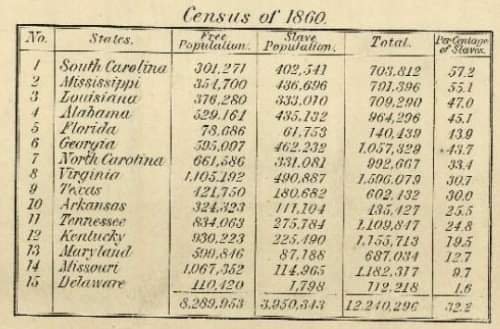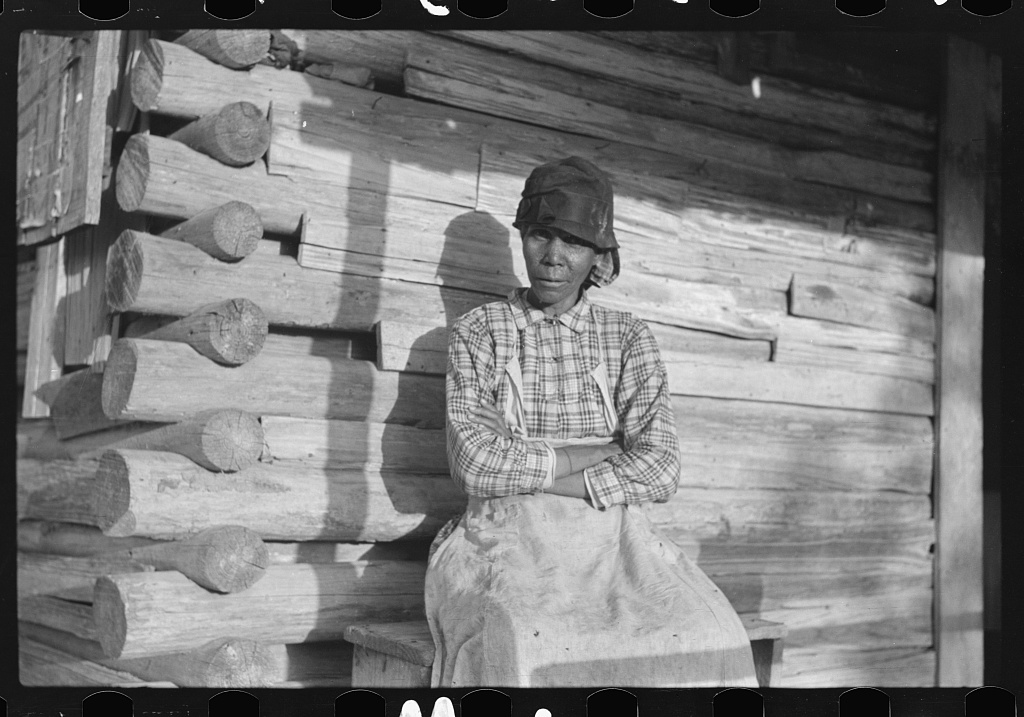July 8, 2023
How to find your ancestors in historical newspaper articles
Breaking through brick walls to learn more about your African American ancestors

The tall dude to the right of the protest sign is Sampson Luster Wead, the paternal grandfather of Ann Lineve Wead Kimbrough of Good Genes Genealogy Service. It is from Ann Lineve’s perspective that this blog is written about a man born on July 2, 1904 in Helena, Arkansas.
This picture appeared in the Omaha World-Herald newspaper on July 31, 1953. It included other photos including the one below that accompanied an article about the successful boycotting of a popular ice cream shop due to its blatant discriminatory hiring practices. I found the picture (above) of my grandfather a few years ago. What I learned today is that there were several articles and likely broadcast reports about this important protest and boycott.

Breaking through brick walls
In researching African Diaspora ancestry and genealogy, it is widely known that there are likely several brick walls that will be encountered. It is notable that in researching the facts around the Reed’s Ice Cream Shop protest, I learned three new and compelling things about my grandfather’s character and beliefs:
- He held a great job at a local meat packing plant, yet was willing to risk it all to protest the lack of jobs available to Black persons at another employer. After all, his picture was in the newspaper and widely circulated.
- Although he closely guarded his past that included his teenage years in Helena and Elaine, Arkansas, where costly racial killings occurred, my grandfather demonstrated that he was not afraid to stand up for civil rights.
- My grandfather was a member of the DePorres Club, an Omaha-based organization comprised of all races and heritages. Its purpose was to protest and bring about change in employment and civic practices that discriminated against persons because of the color of their skin and ethnic origin.
I learned about the DePorres Club’s purpose from the article found below from the Omaha Star newspaper. Just below the “congratulations grads” ad, is the article about the civil rights organization of the 1940s – today.

Encouragement for the ancestry and genealogy researchers
- Keep researching your ancestors, even if you are covering the so-called same ground.
- From the information that you unearth, ask the same and new questions of anyone in your family or institutions that may have more insight about the ancestors’ activities.
- Cross check your new findings with local and national media reports found in historical clippings and broadcasts. You are piecing together the story about your ancestor that will greatly aid in your genealogy reports to family and importantly, to yourself.























